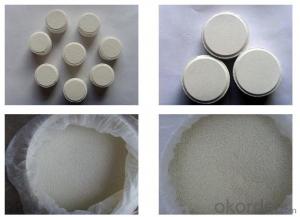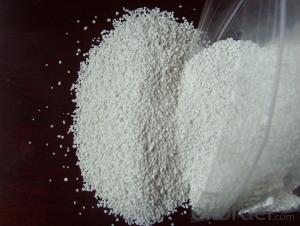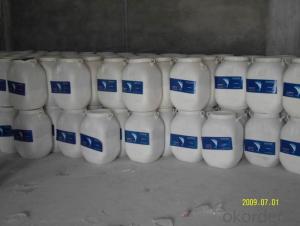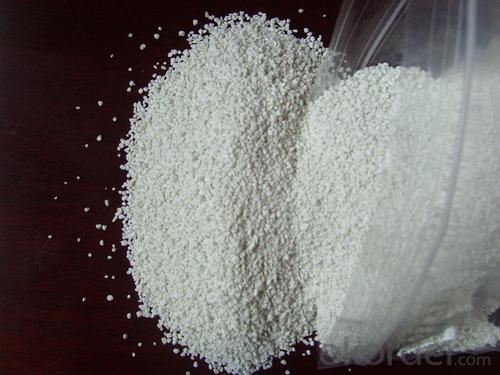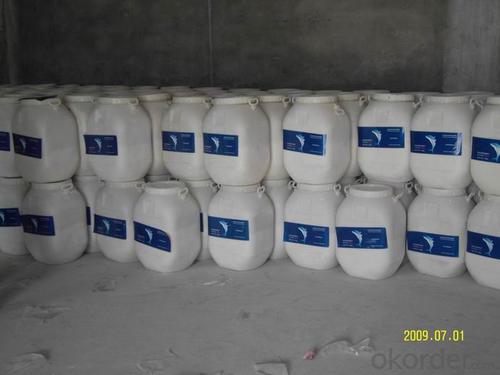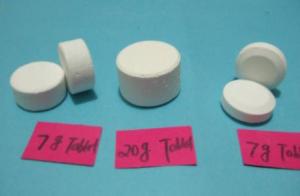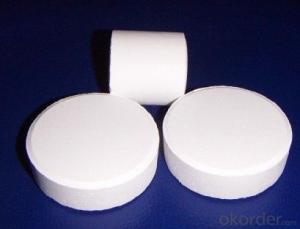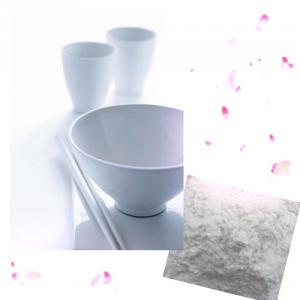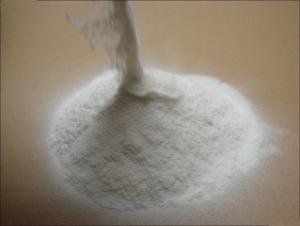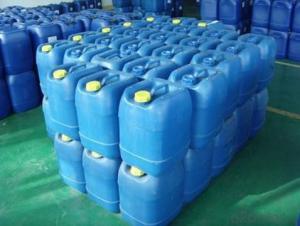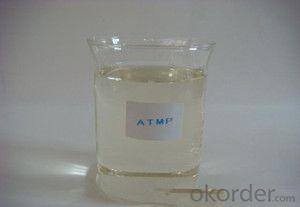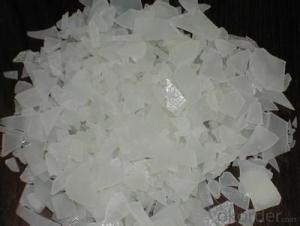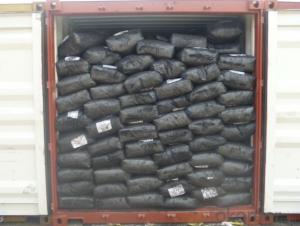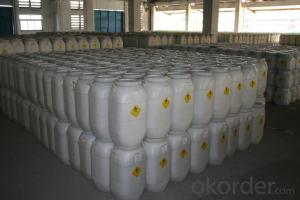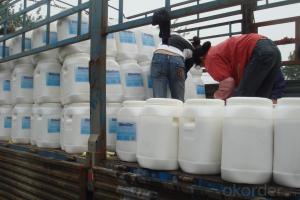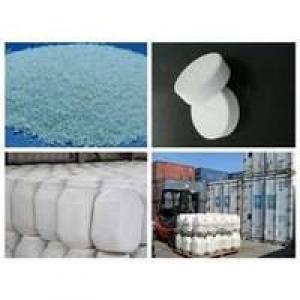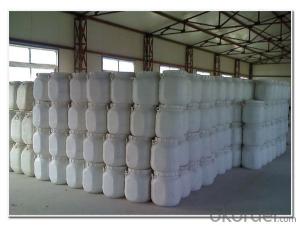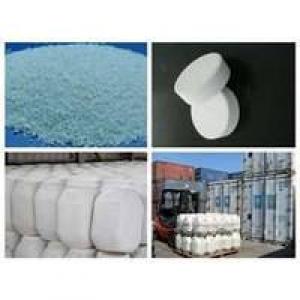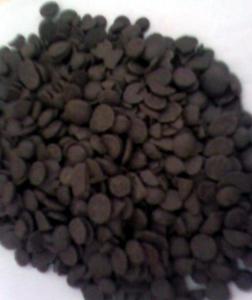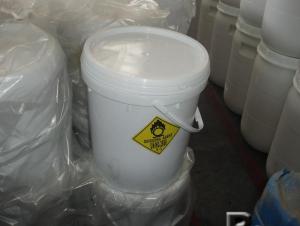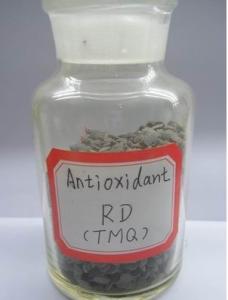Calcium Hypochlorite Water treatment Powder/Granlar/Tablets
- Loading Port:
- Tianjin
- Payment Terms:
- TT OR LC
- Min Order Qty:
- -
- Supply Capability:
- 10000MT m.t./month
OKorder Service Pledge
OKorder Financial Service
You Might Also Like
Calcium Hypochlorite
Introduction:
CNBM GROUP is the biggest water Treatment Factory in China. Our Product include: Calcium Hypochlorite, TCCA, SDIC, PAC, Sodium Sulphite, Sodium Thiosulfate etc.
CNBM One year can produce 18,000MT Calcium Hypochlorite with two model, one is 65% and one is 70%. More important we have 3 advantages, Firstly: High effective chlorine content Secondly: Good stability. Can be stored a long time at normal temperature with little chlorine loss; Third:Good solubility, less water-insoluble matters.
Technical Specifications:
Calcium Hypochlorite 65%
Index Name | Top Grade | First Grade |
Chlorine Content ≥ | 65% | 60% |
Moisture ≤ | 3% | 3% |
Yearly Loss of Active Chlorine | 8% | 8% |
Calcium Chloride | 9% | 10% |
Color | White or Light-grey | ----- |
Shape | Power & Granular |
|
Calcium Hypochlorite 70%
Index Name | Top Grade | First Grade | Quality Product |
Chlorine Content ≥ | 70% | 67% | 65% |
Granularity(14-50 mesh)% ≥ | 90 | 87 | 87 |
Moisture % | 5.5~10 |
|
|
Tablets Forms
Weight | 200 gram | 150gram | 100gram | 50gram | 30gram | 20gram | 15gram | 10gram |
Diameter(mm) | 76 | 70 | 50 | 42 | 30 | 30 | 30 | 30 |
Height(mm) | 25 | 21 | 26 | 27 | 22 | 16 | 12 | 8 |
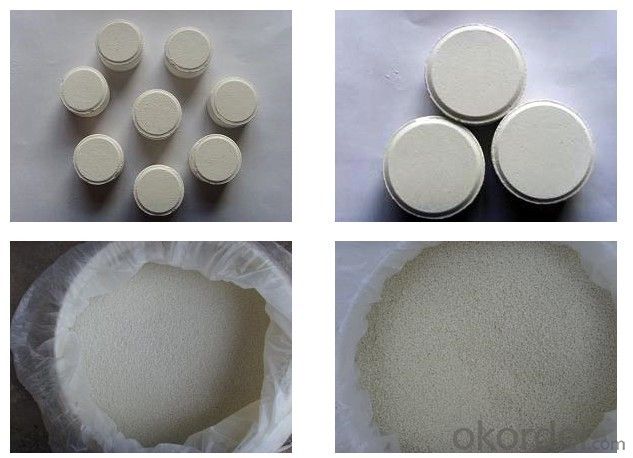
Applications:
1. For bleaching purpose of wood pulp, silk, cloth and fibre.
2. Disinfection and water-treatment.
3. Disinfectant for chemical poisonous and radioactive substance.
Formula Experiment Design: (Base on 1MT Water)
Constitue Dosage
Calcium Hypochlorite 65% 100kg
Disinfection Liquid 1% Calcium Hypochlorite 65% 1.7g
Shipping Containers:
45—50kg Plastic or Steel Drums with Inner Plastic Bag.
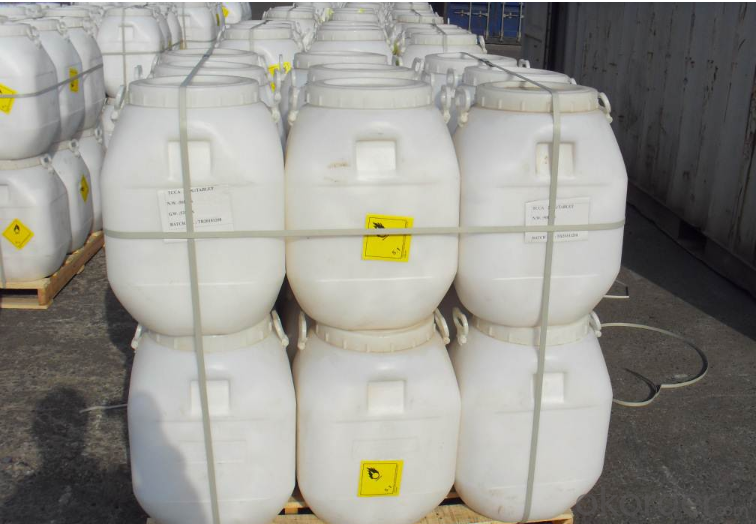
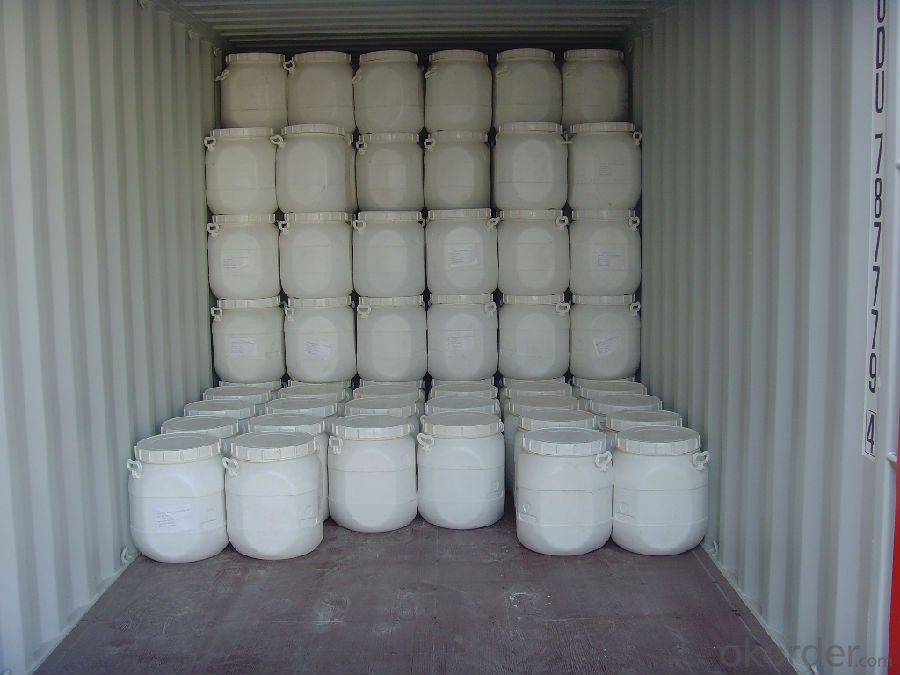
Cautions
1. Should be stored in cool and dry warehouse away from heating sources and avoid direct sunlight.
2. In transportation, contact with such should be avoided as sunlight, heating,moisture, organics, oil and acids.
Other Information please check the MSDS.
- Q: Pls help me define a catalyst.?
- In chemistry and biology, catalysis is the acceleration (increase in rate) of a chemical reaction by means of a substance, called a catalyst, that is itself not consumed by the overall reaction. The word is derived from the Greek noun κατ?λυσι?, related to the verb καταλ?ειν, meaning to annul or to untie or to pick up. A catalyst provides an alternative route of reaction where the activation energy is lower than the original chemical reaction. Catalysts participate in reactions but are neither reactants nor products of the reaction they catalyze. An exception is the process of autocatalysis where the product of a reaction helps to accelerate the same reaction. They work by providing an alternative pathway for the reaction to occur, thus reducing the activation energy and increasing the reaction rate. More generally, one may at times call anything that accelerates a reaction, without itself being consumed or changed, a catalyst (for example, a catalyst for political change). A good example of a catalyst is in the disproportionation of hydrogen peroxide. Hydrogen peroxide reacts to give water and oxygen gas by itself: 2 H2O2 → 2 H2O + O2 Usually, this reaction is slow. On the addition of manganese dioxide to a dilute solution of hydrogen peroxide, an effervescence is observed, and much oxygen, detectable by a glowing splint, is evolved. The manganese dioxide may be recovered, and re-used indefinitely, thus it is a catalyst — it is not consumed by the reaction. A promoter is an accelerator of catalysis, but not a catalyst by itself. An inhibitor inhibits the working of a catalyst.
- Q: How do I write about the ion equation?
- 4NH3 + 5O2 == 4NO + 6H2O
- Q: I dont know what it is but when i open up my computer it comes up and it says that its not working? so i really dont know what to do.
- Catalyst is what ATI calls the drivers for their video cards or video devices built into mainboards. Download the newest video driver for your video card from ATI or from your computer manufacturer's site if the video device came with the computer. Install that, and you should be all set. You may want to check your add and remove programs and remove any of the old, malfunctioning ATI or Catalyst drivers before attempting to install the new one. Good luck!
- Q: Why the catalyst is required to have a large surface area and a rich pore structure
- In order to speed up the absorption, speed up the reaction rate
- Q: Can manganese dioxide be used as a catalyst for various chemical reactions?
- he catalyst does not participate in the reaction, such as on the platinum - rhodium alloy network, nitrogen and hydrogen reaction to produce ammonia .Piplatin - rhodium alloy network in the process of providing electrons (or similar effects, the specific is not clear, but does not react itself), the reaction Before and after the platinum - rhodium alloy network shape has not changed.
- Q: Palladium is the main catalyst in chemistry?
- Palladium in the chemical mainly to do the catalyst; palladium and ruthenium, iridium, silver, gold, copper and other alloy, can improve the palladium resistivity, hardness and strength, used in the manufacture of precision resistors, jewelry and so on. While the most common and most commercially available palladium jewelery is palladium.
- Q: In the chemical reaction, the rate of decomposition reaction is related to the quality of the catalyst?
- There are relationships
- Q: What is the analytical principle of chemical adsorbents? How about the number of active catalyst centers tested?
- What do you mean by the chemical adsorber? BET is the use of the surface of the uneven force field, but the inert gas at low temperature in the surface adsorption. TPD, TPR is the number of active centers that can be measured by the technique of desorption and reduction between specific gases and catalysts as the temperature increases. If the active site is a reduced position, H2-TPR can be used. If the active site is acidic, NH3-TPD can be used, but also the method of alkali titration.
- Q: Does all chemical reactions have a catalyst?
- Not some reaction without catalyst
- Q: What chemical reactions can water do the catalyst?
- So far heard, but can and Na and other metal reaction
Send your message to us
Calcium Hypochlorite Water treatment Powder/Granlar/Tablets
- Loading Port:
- Tianjin
- Payment Terms:
- TT OR LC
- Min Order Qty:
- -
- Supply Capability:
- 10000MT m.t./month
OKorder Service Pledge
OKorder Financial Service
Similar products
Hot products
Hot Searches
Related keywords
